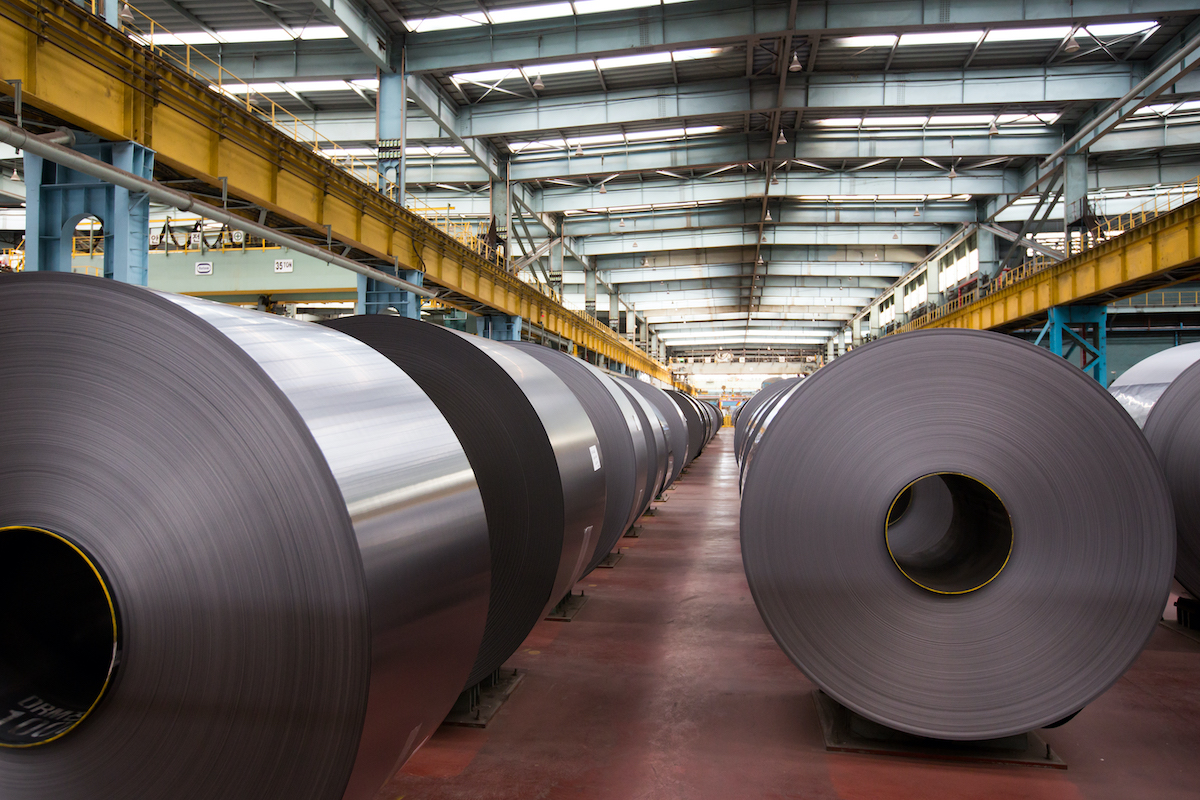During negotiations for coil supply contracts for 2023, mills largely tried to keep the contract periods to half a year, rather than a full year, Kallanish hears from market players.
This in itself is not surprising; depending on the temporary price trends, either side may prefer to keep contracts shorter than a full year. As spot prices are currently gaining, it would be the mills that are favouring new negotiations in 5-6 months’ time.
According to the manager of a service centre, mills based their offers on six months, and asked for a premium for 12-month periods. Their offer prices were mostly down €200/tonne year-on-year, which often meant a hot rolled coil price of around €800/t ($871), depending on the individual deal. For the full year, mills asked for €50-60/t more, the manager tells Kallanish.
The automotive industry, especially, prefers full year-contracts. “When you accompany a car series, you need to plan long-term,” a buyer from a tier-1 supplier says. He signed deals relatively early in mid-December with a y-o-y discount of €200 or slightly less but does not detail if the premium was factored in.
Negotiations delayed until now should end in higher prices, but some buyers apparently still prefer to wait, possibly into February. The service centre manager confirms the earlier announcement of the market leader of HRC spot deals at €760/t, and that it will be charged on its online platform. But he believes the current surge will be followed by another downturn, as inventories at ports and companies are still relatively full.
“Some negotiators could be waiting for the current surge to come back down in February already, but I find that risky,” he says. A long standby period also creates a mental burden until you are free for your daily business as usual, he adds.
Christian Koehl Germany






